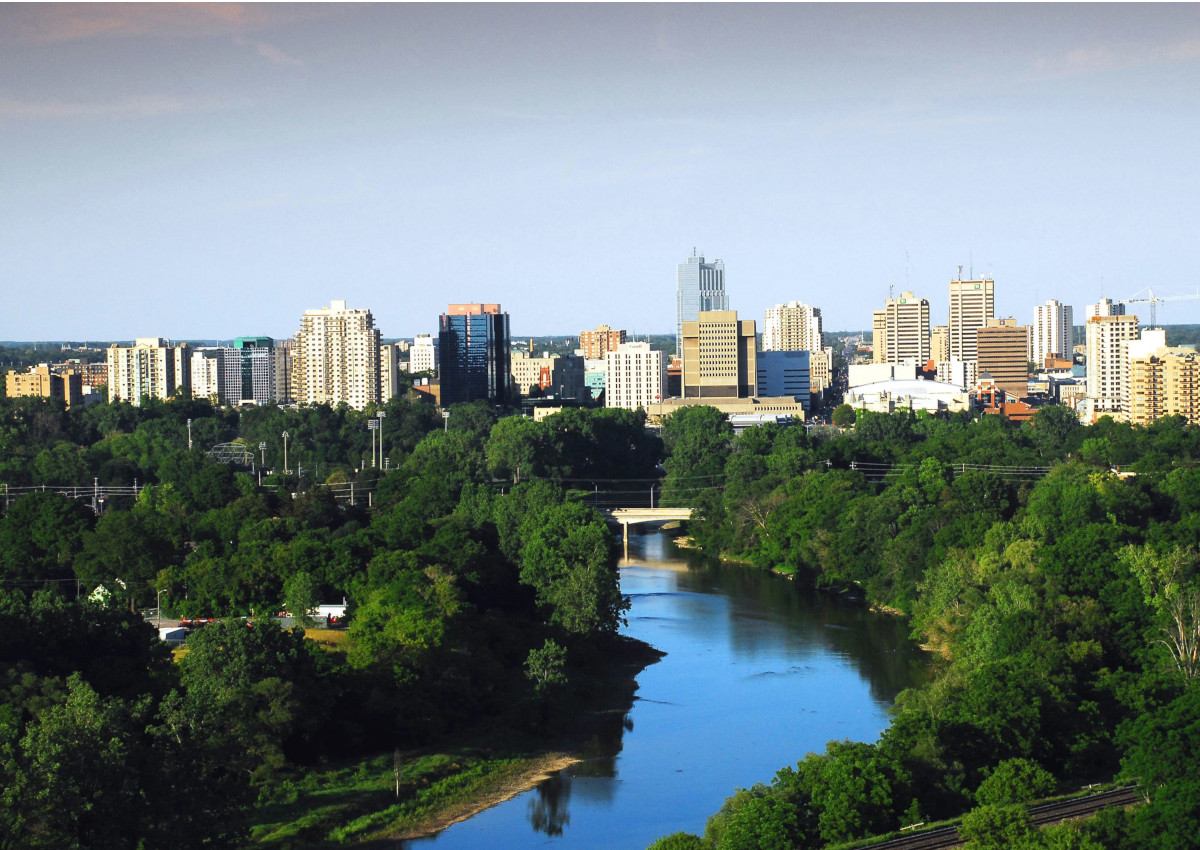Eighteen per cent of Londoners — about 72,000 people — live at or below the poverty line, according to a new report from the London Community Foundation (LCF).

Indigenous and newcomer communities are disproportionately impacted, with 36 per cent and 55 per cent, respectively, living at or below the poverty line, the report says.
The LCF’s latest Vital Signs report, Be the Change, highlights how the response to the global novel coronavirus pandemic proves that “we can act together to change systems and practices.”
The Vital Signs program involves a biennial report examining issues related to well-being and quality of life and is part of a national program from Community Foundations of Canada.
The 2020 report for London focuses on housing, racial equality, gender equality, well-being, food security and education — and how all of these issues are intertwined.
It also includes comments from local leaders in different community groups: London and Middlesex Community Housing, the Regional HIV/AIDS Connection, Anova, the Middlesex-London Health Unit, the London Food Bank and Western University.
“These problems aren’t going to be solved in isolation and we’re going to need to collaborate as a community,” said Vanessa Dolishny, LCF communications director.
“LCF recognizes that we’re not the experts on each individual issue area here, and it’s going to take the entire community working together. So that’s why we really wanted to amplify voices of other local leaders in the community to really put forth this urgent call to action.”
When it comes to housing, 5,000 Londoners are currently on the waiting list for rent-geared-to-income (RGI) housing, and 13 per cent of Londoners are reportedly living in “core housing need” — in other words, living in “inadequate, unsuitable, or unaffordable housing.”
Indigenous and newcomer communities are living in core housing need at rates of 27 and 39 per cent, respectively.
Additionally, the report says there were 34 police-reported hate crimes in London in 2018, up from 26 in 2017.
- Buzz kill? Gen Z less interested in coffee than older Canadians, survey shows
- Naloxone-resistant street drug linked to 9 deaths in Eastern Canada seized in Alberta
- Bird flu risk to humans an ‘enormous concern,’ WHO says. Here’s what to know
- Canada updating sperm donor screening criteria for men who have sex with men
The report also highlights the impact of the pandemic on existing social issues, noting that Statistics Canada reported in April that women’s labour force participation dropped to its lowest level in three decades, at 55 per cent. Family Service Thames Valley, meanwhile, estimates an increase in domestic violence cases by at least 30 per cent.
More diverse and marginalized neighbourhoods also face a greater risk of COVID-19 exposure, the report states, with these areas seeing roughly four times as many cases as more affluent areas in London between June 7 and 20.
The report states that one in seven households in London and Middlesex County experienced food insecurity in 2019. As well, sixty per cent of “households who struggle to put food on the table have paid employment.”
“COVID did put us in a very difficult spot, but it taught us a couple of things,” said Dr. Jerry White, Vital Signs chair and board member.
“First of all, it ripped the lid off and exposed a lot of real structural inequalities and really brought them to the forefront. But on the positive side, it also shows that we can act together, we can change systems and practices even when confronted by significant fears and uncertainties.
“I think the kinds of energies we put into flattening the curve, for example, are the kinds of energies we could put into remaking our city, remaking how things run.”
When it comes to education, the report says 16 per cent of adults in London do not have a high school diploma. The number rises to 28 per cent among Indigenous populations.
While the report highlights key areas of concern, it also provides additional resources so Londoners can read more about these issues, as well as a call to action to engage, speak up and offer time and resources.
“The Vital Signs this year is really intended to try and get people to be part of the change and that’s why we call it Be the Change,” said White.
“We’re asking people to be engaged in changing London. We’re looking to initiate debates and discussions around these issues, because I think one of the things that’s really critical for us is — and it’s an old truth — is that a community can only be as strong as its most vulnerable person.”









Comments